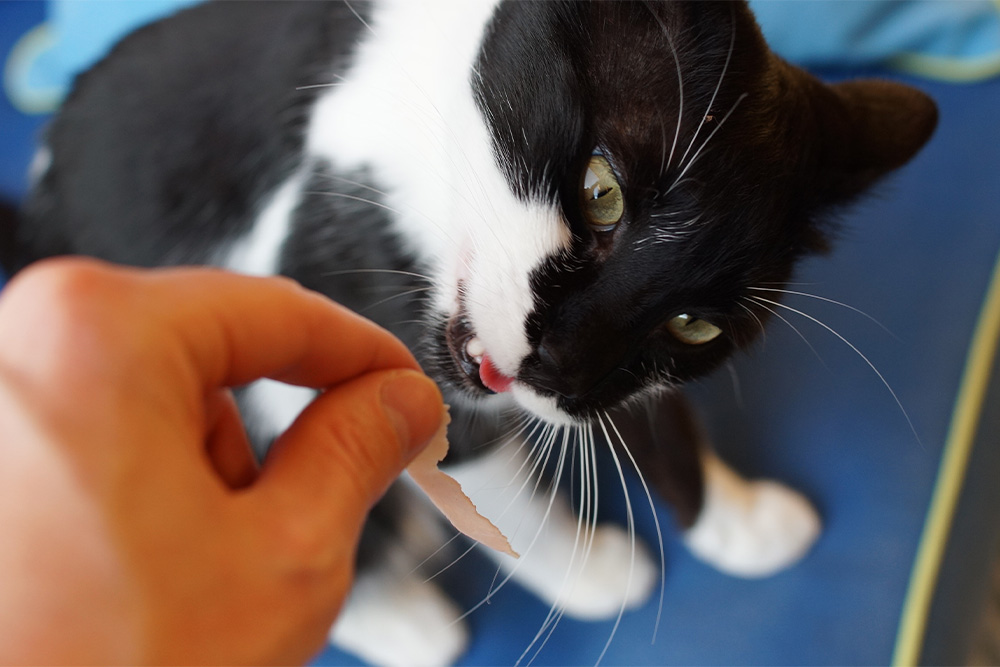Can Cats Eat Corn?
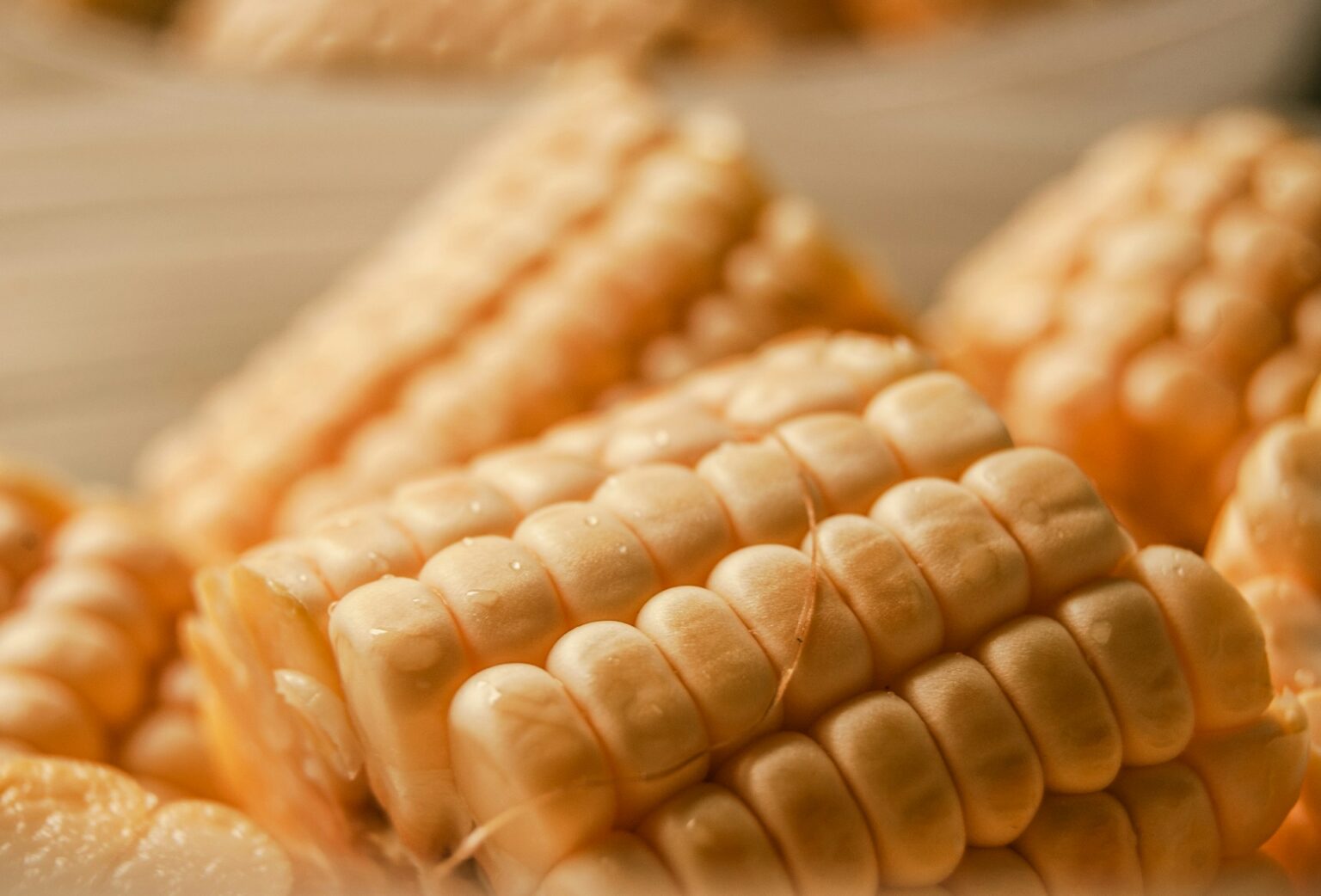
A proper diet is essential to a cat’s health, and we pet owners must bear the utmost responsibility for our cat’s well-being. Because these amazing animals are carnivores, you should provide meals that are high in animal protein. The diet must also be adapted according to the cat’s age, weight, and health status, and the owner must regularly consult the veterinarian. So, to launch a new product in your pet’s diet, it is advisable to consult a specialist. Cats can be very sensitive to some plant products. Neither fruits nor vegetables should form a dominating part of the diet. And what about corn? Can cats eat corn? Is it healthy? Let’s get into it!
Is Corn Safe For Cats?
Eating high-quality and nutritious food is the secret to a long life for felines. Hence, owners should not let their cats eat many vegetable products. Vegetables and fruit are unnecessary for cats to have a balanced diet. These animals obtain the most valuable nutrients from meat items. That is why high-quality cat food should be the foundation. But does it mean you should panic if your cat eats corn kernels from your plate? Is corn safe for cats? This is a critical question. Certain plants may have poisonous compounds harmful to animals.
Luckily, corn is not one of these toxic items. Cats can eat corn because it has no harmful properties. So, if your cat munches on a few kernels of corn, nothing dangerous will happen. However, if you want to feed your cat corn, that is a different matter. Before giving your cat a bowl of corn, there are a few things you need to think about.
Is Corn Healthy For Cats?
So, cats can eat corn. However, that does not mean this product benefits those animals. Generally, if your cat eats a small amount of corn, it should not harm them. Still, experts suggest avoiding feeding cats corn because it is not a great dietary option. Corn will not provide any significant health benefits for cats. Cats have special abilities that allow them to digest meat easily, while they cannot digest plants. So, the cat’s digestive system will be unable to absorb any nutrients from the corn.
Corn primarily supplies carbohydrates. Cats don’t require carbohydrates because they utilize a source of energy from protein and fat. Too much carbohydrate in a cat’s diet can cause health problems like obesity or diabetes. For this reason, it is advisable to refrain from providing products of that kind to cats. Allergies are yet another critical consideration. Cats with a corn allergy experience various symptoms after eating corn. If you notice excessive scratching, digestive problems, or breathing difficulties in your cat, consult a vet.
How to Feed a Cat Corn?
However, if your cat is insistent on begging for corn, you can safely provide a small amount of peace of mind. Just remember to be careful. First, cook the cob before serving it. Cooked vegetables are better digested by pets. Next, split the kernels away from the cob and place them into a bowl. Do not allow cats to gnaw the cob themselves! What may appear to be a fun game for them ends in disaster. Cats also have sharp fangs that can bite the cob, and then this hard piece is swallowed. This could lead to choking or other issues like ruptured intestines.
And above all, be moderate. It is not healthy for cats to consume large quantities of any plant. Instead, you should purchase some special treats that are recommended for cats. The interesting thing is the manufacturers’ use of corn in cat food. But in these cases, corn is specially treated so that it will be digestible for cats. Corn improves the texture and taste of cat food and boosts the fiber content.
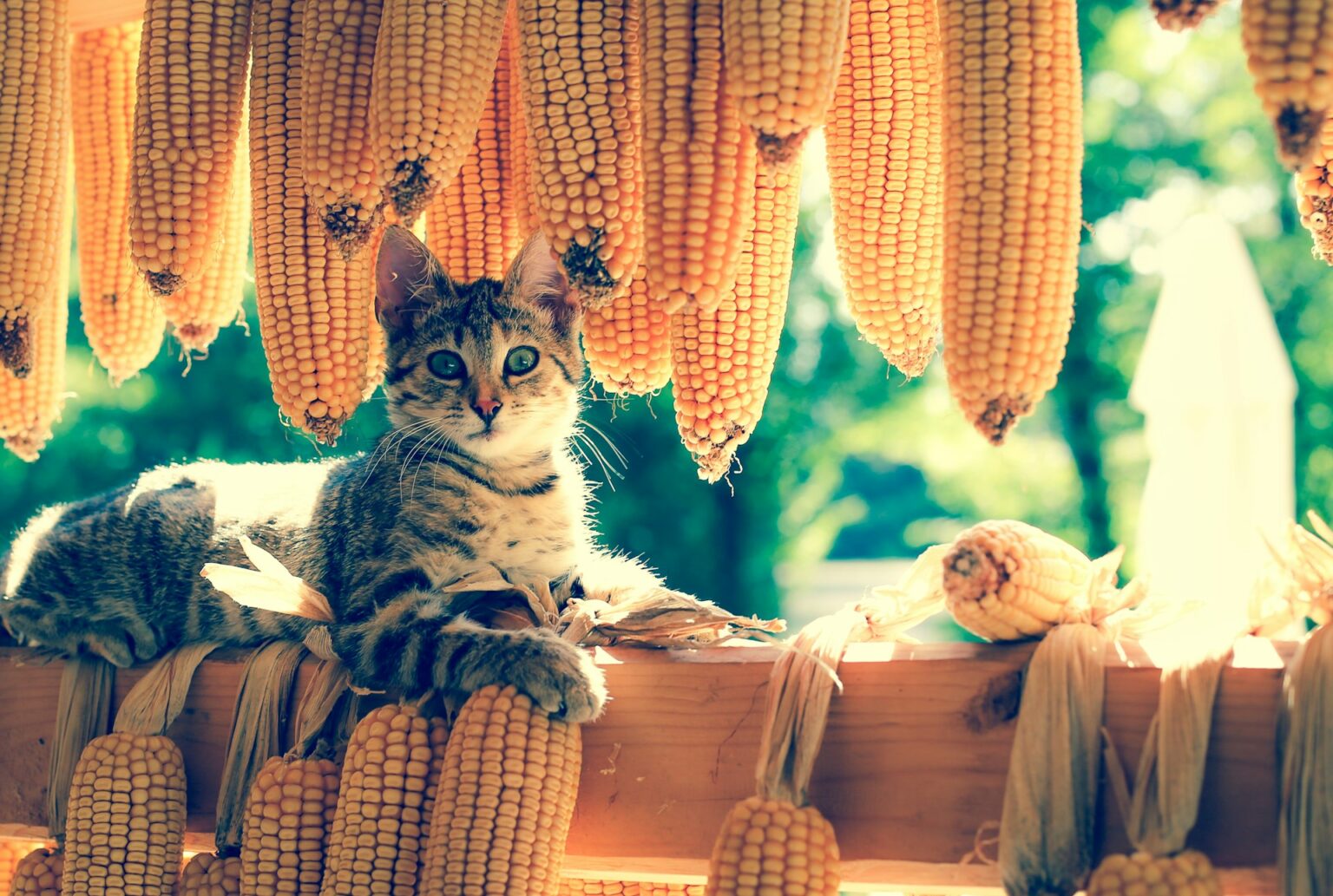
Summary
Cats can eat corn. It is best if the corn is cooked and separated from the cob. However, remember that vegetable snacks and treats, including corn, should only constitute a small fraction of your cat’s daily calorie intake. So, moderation is the key to your cat’s well-being. Don’t forget about possible allergies, either. If you have lingering questions, consult with your vet.
Sources
- Isabella Corsato Alvarenga, Amanda N. Dainton, Charles G. Aldrich (2021). A review: nutrition and process attributes of corn in pet foods.
https://pubmed.ncbi.nlm.nih.gov/34078195/ - H. A. Farrow, J. S. Rand, J. M. Morton, C. A. O’Leary, G. D. Sunvold (2013). Effect of dietary carbohydrate, fat, and protein on postprandial glycemia and energy intake in cats.
https://pubmed.ncbi.nlm.nih.gov/23869495/
